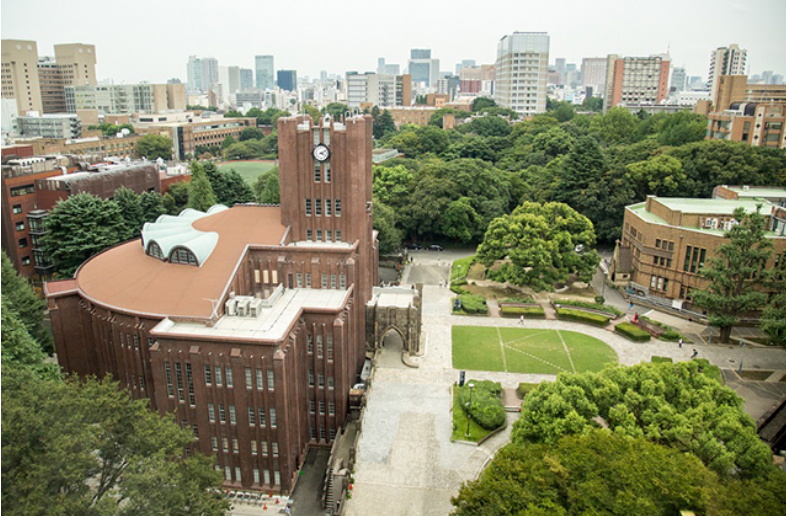
Study in Japan
Studying in Japan provides students with a unique opportunity to experience world-class education, a vibrant culture, and advanced technology in one of the safest and most innovative countries. Here’s a general overview:
Education System
Globally Respected: Japan is home to prestigious institutions like the University of Tokyo, Kyoto University, and Osaka University, known for excellence in engineering, technology, robotics, business, and humanities.
Types of Institutions:
National Universities: Publicly funded and highly competitive (e.g., University of Tokyo, Kyoto University).
Private Universities: Widely attended, offering diverse programs but generally more expensive.
Specialized Colleges: Focus on vocational skills and technology.
Language of Instruction: While many programs are in Japanese, an increasing number of undergraduate and postgraduate programs are offered in English.
Tuition and Cost of Living
Affordable Tuition Fees:
Public universities: ¥535,800 (around $3,600) annually, plus a one-time admission fee of ¥282,000 (around $1,900).
Private universities: Higher, ranging from ¥800,000 to ¥1,500,000 ($5,400–$10,000) annually, depending on the program.
Cost of Living: Monthly expenses range from ¥100,000–¥150,000 ($700–$1,100), covering accommodation, food, transportation, and other essentials.
Costs are higher in urban areas like Tokyo but lower in rural regions.
Admission Requirements
Undergraduate Programs:
High school diploma or equivalent.
Entrance exams (e.g., EJU – Examination for Japanese University Admission for International Students).
Language proficiency tests (JLPT for Japanese programs or TOEFL/IELTS for English programs).
Graduate Programs:
Relevant bachelor’s degree.
Research plan for master’s/doctoral programs.
Preparatory Courses: Some institutions offer Japanese language and culture courses to help international students adapt before starting their degree.
Scholarships and Financial Aid
MEXT Scholarships: Fully funded scholarships from the Japanese government for international students.
University-specific Scholarships: Many institutions offer merit-based scholarships.
Private Scholarships: Organizations like JASSO provide additional financial aid opportunities.
Work Opportunities
Part-time Work: International students can work up to 28 hours per week with a student visa and government permission.
Post-graduation: Japan offers a variety of opportunities for foreign graduates in industries like technology, engineering, education, and finance.
Lifestyle and Culture
Rich Cultural Experience: Japan blends tradition (temples, tea ceremonies, festivals) with modernity (advanced cities, anime, and pop culture).
Safety and Organization: Japan is known for its low crime rate, excellent public transportation, and clean cities.
Cuisine: Students can enjoy Japan’s world-famous cuisine, from sushi and ramen to regional specialties.
Language and Multicultural Environment
Language Learning Opportunity: Studying in Japan is an excellent chance to learn Japanese, a valuable skill for global careers.
Multicultural Diversity: While most of the population is Japanese, universities are actively working to increase international student enrollment, fostering global exchange.
Advantages of Studying in Japan
Cutting-edge facilities and research opportunities.
Access to a booming job market in tech, engineering, and business.
Unparalleled cultural immersion and global networking opportunities.
Japan is an ideal destination for students seeking academic excellence and a life-changing cultural experience.
